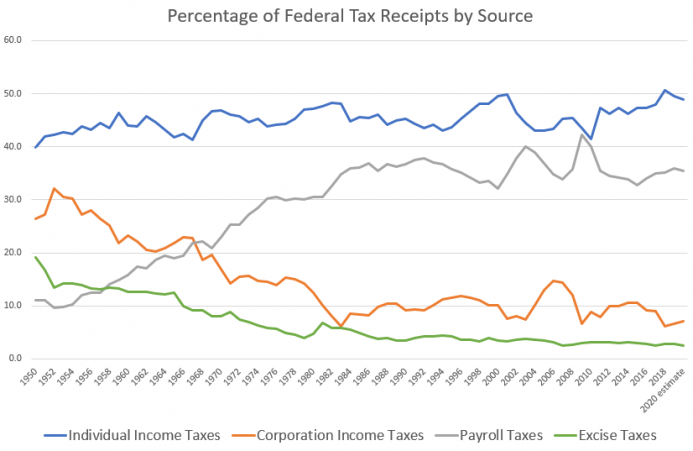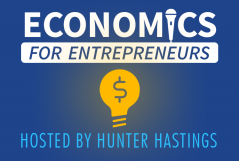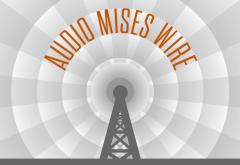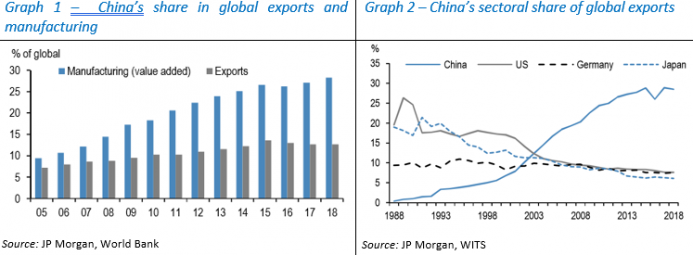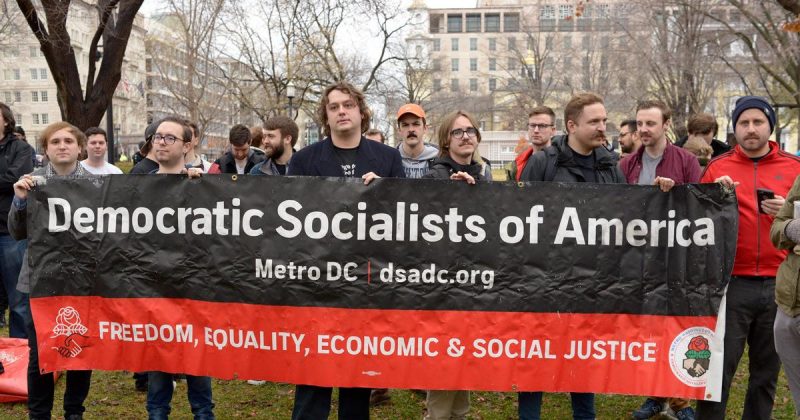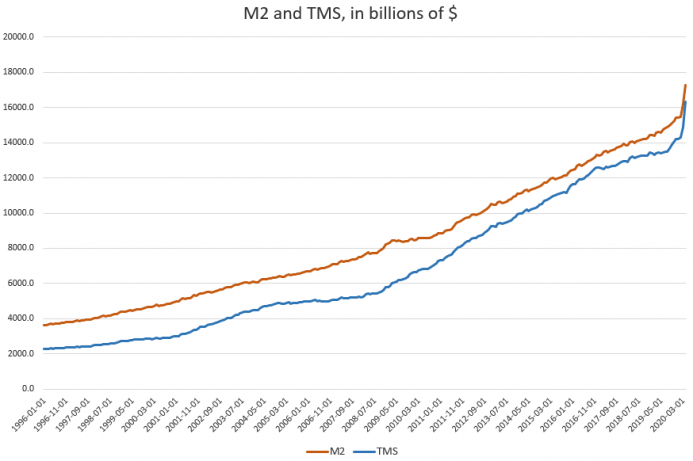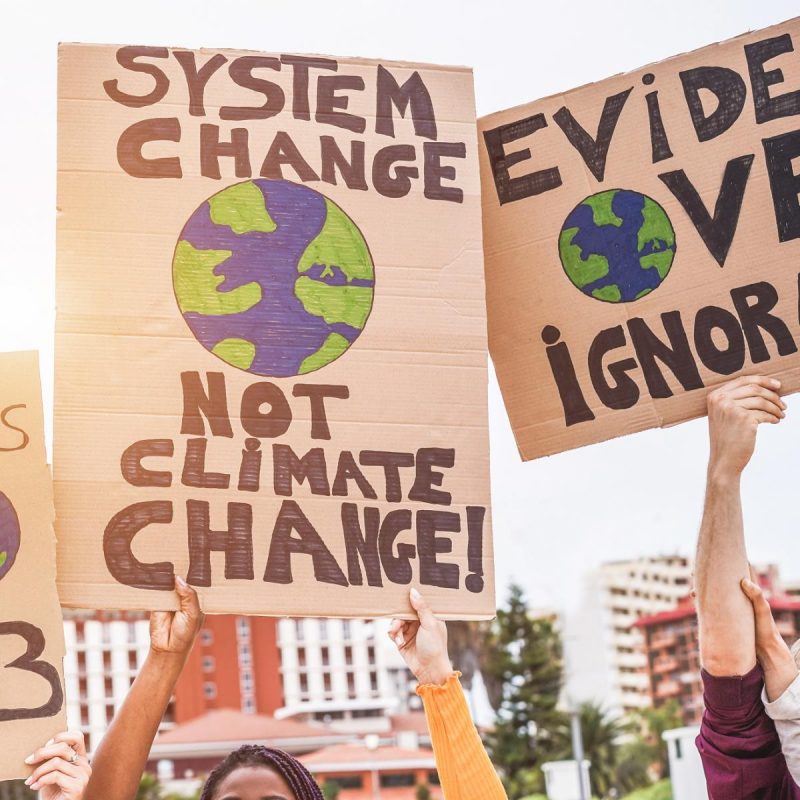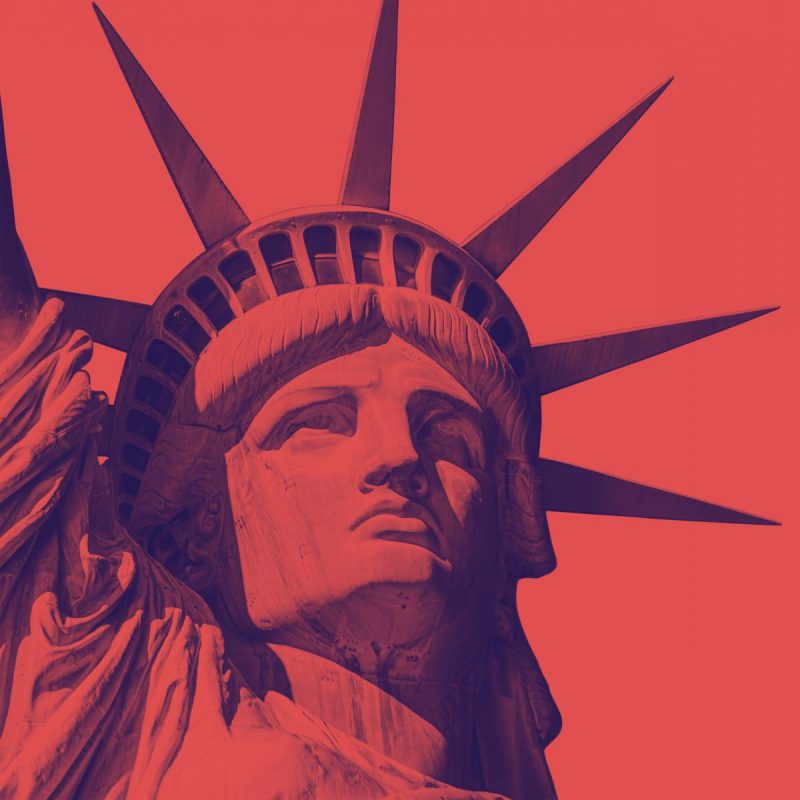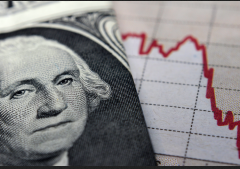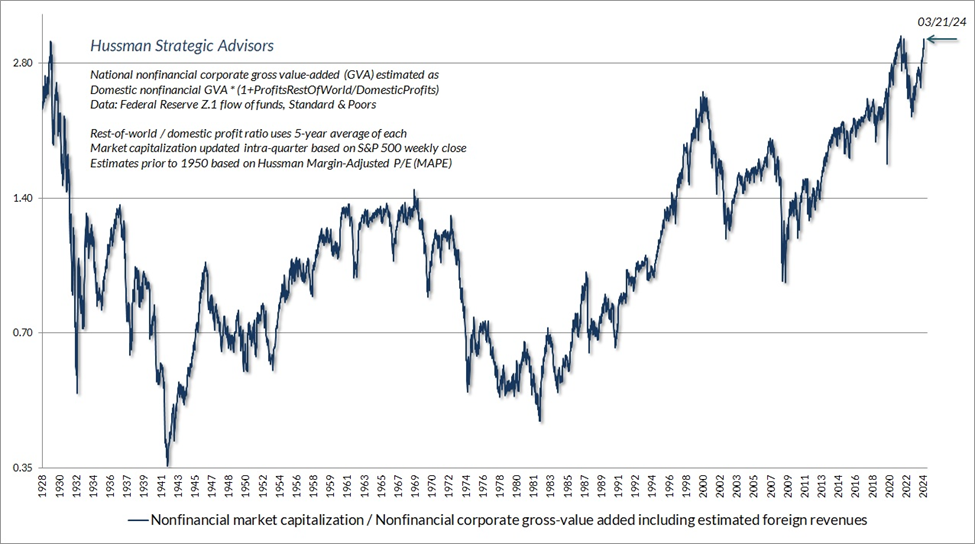Category Archive: 6b.) Mises.org
MMT Follow-up: A Framework for Money, Inflation, and Debt
As a follow-up to his discussion on MMT with Rohan Grey (in ep. 130), Bob goes solo to explain the basic cash balance framework for thinking about money, inflation, and debt. Specifically, Bob will explain why he thinks it's far more important to know how the government finances a deficit rather than knowing what it spends the money on.
Read More »
Read More »
Trump’s Payroll Tax Order Is Good Politics, but Doesn’t Offer Much Tax Relief
President Trump issued a new executive order on August 8 directing the Treasury Department to defer the 6.2 percent Social Security tax on wages for employees making less than about $100,000 a year. The suspension on collections will be in effect from September 1 through December 31.
Read More »
Read More »
Are Negative Rates a Natural Historical Development?
Negative interest rates have long since become a reality. But we are not talking about negative real interest rates. This is the case when the return on an investment is lower than the officially stated inflation rate. In today's context, negative interest rates are rather negative nominal interest rates; that is, the nominal interest rate is below 0 percent.
Read More »
Read More »
Kamala Harris Is Basically Obama-Clinton 2.0, but Worse
No doubt, many of Harris's detractors will call her radical or a tool of the far left. The reality is actually far more alarming.
Read More »
Read More »
Why Fed Bugs Really, Really Hate Gold
Judy Shelton, a Trump nominee to the Fed Board of Governors, may not have coined the excellent term "Fed Bug," but she used it to delicious effect in this 2019 Financial Times interview:
“People call me a goldbug, and I think, well, what does that make them? A Fed bug,” she says.
Read More »
Read More »
Ralph Welborn on the Ecosystem-Based Strategy
Business strategy and business model design has traditionally been firm-centric. Entrepreneurs are called upon to establish firms, to make the firm the locus of value creation through value proposition design, assembly of resources, and production; and to ensure competitive advantage in comparison to rival firms pursuing the same customers.
Read More »
Read More »
Why Keynes Was Wrong about Consumer Spending
As a result of the coronavirus pandemic, most experts are of the view that it is the role of the government and central bank to minimize the damage inflicted by the virus—and the policy response to it—on the economy.
Read More »
Read More »
Political Self-Determination and the Nagorno-Karabakh Conflict
The right of self-determination in regard to the question of membership in a state thus means: whenever the inhabitants of a particular territory, whether it be a single village, a whole district, or a series of adjacent districts, make it known, by a freely conducted plebiscite, that they no longer wish to remain united to the state to which they belong at the time, but wish either to form an independent state or to attach themselves to some other...
Read More »
Read More »
The Government Wants Your Crypto Data. And Lots of It.
Cryptocoins aren't entirely anonymous, and the state is hard at work gathering as much information as it can on all crypto users.
Read More »
Read More »
The Government Wants Your Crypto Data. And Lots of It.
The Venezuelan government recently announced that its Administrative Service for Identification, Migration and Foreigners (SAIME) is now accepting bitcoin as a payment method for passports. The problem with that is that bitcoin is not anonymous but pseudonymous.
Read More »
Read More »
New Unemployment Increased to 1.4 Million Last Week as Recovery Falters
The rising unemployment comes partly as a result of state governments forcing the closures of some businesses, or restricting operations, in the name of mandatory social distancing.
Read More »
Read More »
American Police Forces Were Created to Fight Rioters. But Police Probably Made Things Worse.
Whenever the vicious portion of population shall be permitted to gather in bands of hundreds and thousands, and burn churches, ravage and rob provision-stores, throw printing presses into rivers, shoot editors, and hang and burn obnoxious persons at pleasure, and with impunity,” Abraham Lincoln told a crowd in Springfield, Illinois, in 1838, “the feelings of the best citizens will become more or less alienated from it.
Read More »
Read More »
There Are No Winners in the US-China “Tech War”
After unleashing a disruptive trade conflict with China, the Trump administration has also escalated the lingering “cold tech war” between the two rival powers. Over the last two years, the US has passed new rules limiting China’s investments in the US, restricting bilateral information and communications technology (ICT) trade and controlling exports of sensitive and emerging technology to China.
Read More »
Read More »
The Myth of the Failure of Capitalism
The nearly universal opinion expressed these days is that the economic crisis of recent years marks the end of capitalism. Capitalism allegedly has failed, has proven itself incapable of solving economic problems, and so mankind has no alternative, if it is to survive, than to make the transition to a planned economy, to socialism.
Read More »
Read More »
Money-Supply Growth Hits New High For Third Month In a Row
In June, for the third month in a row, money supply growth surged to an all-time high, following new all-time highs in both April and May that came in the wake of unprecedented quantitative easing, central bank asset purchases, and various stimulus packages.
Read More »
Read More »
New Opportunities for Marxists: Climate Change and Coronavirus
In The Communist Manifesto (1848) Karl Marx (1818–83) and Friedrich Engels (1820–95) predicted that capitalism would lead to the impoverishment of the laboring class. Why? Well, to raise profit on capital invested, Marx and Engels argued, entrepreneurs (the capitalists) would exploit the workers.
Read More »
Read More »
Three Reasons Representative Democracy Doesn’t Work
In representative democracies, voters ostensibly control the state through the politicians they vote for. However, most representative democracies fall far short of this goal. Three of the reasons for the trouble are the problems of scale, bundling, and omission.
Read More »
Read More »
Modern Monetary Theory’s Connection to Soviet-Era Money
MMT starts to make a little more sense when thinking of it as comparable to money systems used under the USSR and the old Soviet Bloc.
Read More »
Read More »
Could the Economy Survive a W-Shaped Recovery?
In the weeks following the United States shutting down over what has turned out to be mainly a nursing home epidemic, the economic geniuses on CNBC and Bloomberg discussed the various letter recoveries.
Read More »
Read More »
Inflation: This Time Is Different
Bank lending is contracting, and it is important to understand why. At this stage of the credit cycle, which began expanding following the aftermath of the Lehman crisis over a decade ago, a sharp contraction of bank credit to nonfinancials is normal.
Read More »
Read More »










